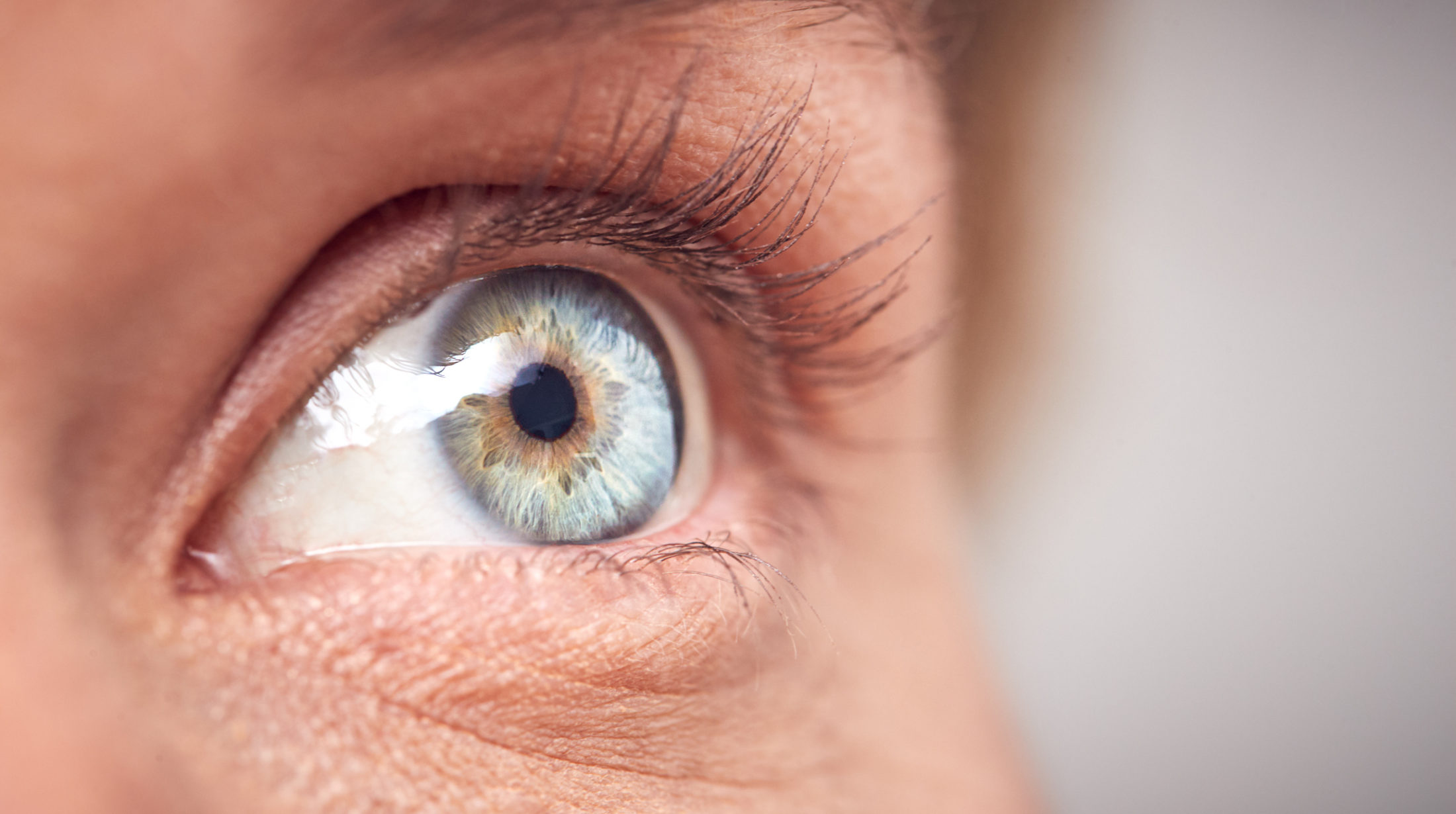A macular pucker, also known as an epiretinal membrane, is a thin layer of scar tissue that forms over the macula, the sensitive part of the retina that is located at the back of the eye. The macula is the area of the retina that provides clear, sharp central vision.

Macular Pucker Causes
Macular puckers often develop on their own as a part of the natural aging process. Particles that have drifted into the vitreous (the gel that fills the eye) settle onto the macula and begin to obscure vision. Membranes may also result from eye conditions or diseases such as diabetic retinopathy, retinal detachment, inflammation, injury or vascular conditions. These are called secondary epiretinal membranes, whereas spontaneously formed membranes are called idiopathic.
Signs and Symptoms Of A Macular Pucker
Many macular puckers do not disrupt vision. Thicker puckers can create wrinkles or puckers in the macula resulting in some of the following symptoms:
- Blurry or distorted vision
- Straight lines appear as wavy lines
- Difficulty with fine detail or print
A macular pucker typically affects one eye. Vision loss varies based on the thickness of the pucker. Peripheral vision is not affected and there is no risk of blindness.
Diagnostic Testing For Macular Pucker
After a thorough examination of the eye, the physician will perform a series of diagnostic tests. These tests may include:
- Dilated eye examination
- Fluorescein angiography
- Optical coherence tomography (OCT)
Macular Pucker Treatment Options
Vitrectomy is performed as an outpatient procedure with local anesthesia. During the procedure, the vitreous gel is removed and replaced with a saline solution that will fill the eye and lift the pucker away from the macula. There is no non-surgical alternative to treat a macular pucker.

Macular Pucker FAQs
Q: What Is A Macular Pucker?
A: It may be a distortion or film over vision. It is scar tissue that develops on the surface of the retina. As it matures, it constricts, potentially causing more distortion.
Q: How Did I Get A Macular Pucker?
A: Sometimes there is no traceable cause, but it can be anything that caused inflammation in the eye at some point in life. It can be due to age, posterior vitreous detachments, retinal tears/detachments, Uveitis, etc.
Q: How Is A Macular Pucker Treated?
A: Only surgery can remove the scar tissue.
Q: Without Macular Pucker Surgery, Will I Go Blind?
A: No, you will not permanently go blind, but it can mature enough to cause significant distortion or legally blindness. It can also put you at risk of developing an early CNV.
Schedule a Consultation
To learn more about Macular Pucker diagnosis and treatment options, please call us at 601.255.0736 to schedule a consultation with Dr. Lauten. Retina Specialists of Mississippi is proud to serve Hattiesburg and the surrounding areas.

